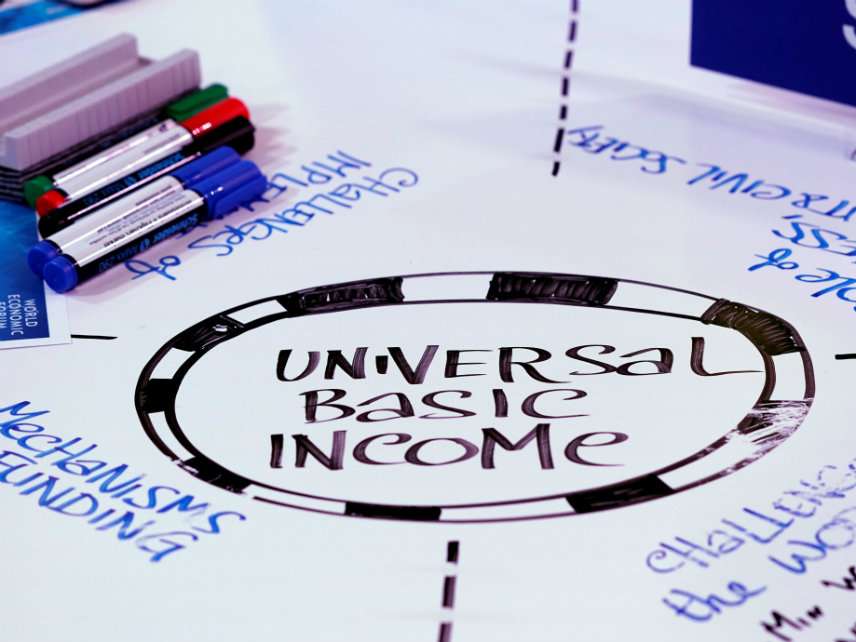Ontario Ends UBI Experiment Two Years Early
A provincial minister said the basic-income experiment "was certainly not going to be sustainable."

A Canadian province's planned three-year experiment with a universal basic income (UBI) is ending after just one year.
Ontario's previous government implemented the pilot program last July, estimating that it would cost about CA$150 million. Instead of traditional welfare benefits, around 4,000 randomly selected low-income or jobless residents would be provided with yearly stipends of CA$16,989 per person (or CA$24,027 per couple). Participants with jobs had to give the government half of their work income. According to The Guardian, the experiment was meant to determine "whether the funds would improve health, education and housing outcomes."
But Ontario just ousted the Liberal Party and elected a new Progressive Conservative government, and the new regime had other ideas. Provincial Social Services Minister Lisa MacLeod said yesterday that Ontario would be ending the "quite expensive" experiment. "It was certainly not going to be sustainable," MacLeod said. She didn't provide any data to back that up, so it's not clear whether the program was costing more than expected or if the new government just has different ideas about how this was likely to end.
The announcement came several months after Finland decided not to extend its own UBI experiment, which distributed monthly stipends of 560 euros to about 2,000 residents. But other countries are still considering a UBI. Italy and the Netherlands are both implementing UBI trials, and some Scottish cities are mulling it over as well. And a privately funded basic-income experiment is now underway in Kenya.
The UBI's basic premise is not new. (Reason's Jesse Walker has documented the idea's history here.) But it remains controversial, even among libertarians. Some libertarians are firmly against the idea, arguing that it is as unjust as any other form of wealth redistribution. Others say a UBI would be less intrusive and more cost-effective than a traditional welfare state, and therefore would be a step toward smaller government.
In the United States, the idea is far from dead. Stockton, California, is ready to test its own version of a UBI, and lawmakers in Chicago have proposed a similar experiment.


Show Comments (147)